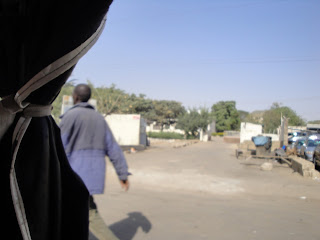The pipeline explosion in Ogun State
Much later, when the wife open door, na so my guy
provoke: ‘What’s the meaning of all this? Why did you lock me inside?’
Wife: ‘Relax, you too like quarrel?’
Husband: ‘Why I nor go quarrel? You don make me loss
this opportunity.’
Wife: ‘Cool down, save your energy. Look well. I don
go fill the 50L jerry can with fuel. Oya, go sell am.’
Husband: ‘So, you go where the pipeline burst? You
nor dey fear?
Wife: ‘Before unko. You think say i go let you go before. Who you wan die leave the 10 children
for before?’






